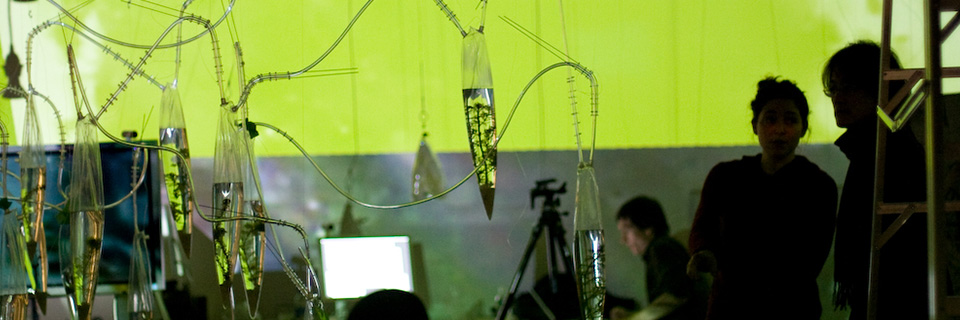Phenomenology (from Greek: phainómenon “that which appears”; and lógos “study”) is the philosophical study of the structures of subjective experience and consciousness.” [1] “The discipline of phenomenology may be defined initially as the study of structures of experience, or consciousness. Literally, phenomenology is the study of “phenomena”: appearances of things, or things as they appear in our experience, or the ways we experience things, thus the meanings things have in our experience.” [2] “This phenomenological ontology can be clearly differentiated from the Cartesian method of analysis which sees the world as objects, sets of objects, and objects acting and reacting upon one another.” [1]
We take the insights from phenomenology as a rigorous alternative to purely psychological, cognitivist, and positivistic conceptions of experience. However, most importantly we also depart from the Kantian and Cartesian theories of experience and knowledge, and try to move our investigation to a non-anthropocentric setting. We call this an ecological approach to experience.
In turn this forms part of the critical study of media that tries to start from a non-anthropocentric frame, and still generate humanly meaningful work. Motivated by the motto, “art all the way down,” we reserve the right to take a close look at the frames of reference and norms that are built into every technology, and to open up every blackbox of technology as necessary to experimentally bracket conventions about what is human, what is social, what is technological. Motivated by the motto “art all the way down,” we welcome people who can open every blackbox and vary technical conditions according not just what is a popular commodity or conceit, but addressing as directly as possible critical & philosophical questions about responsive media, computation, and experience.
[1] Wikipedia, “Phenomenology.”
[2] Smith, David Woodruff, “Phenomenology“, The Stanford Encyclopedia of Philosophy (Fall 2011 Edition), Edward N. Zalta (ed.).

